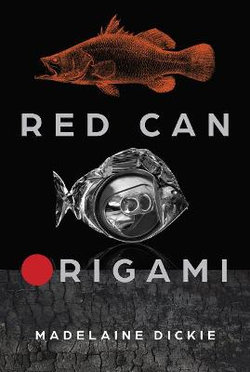A timely and contemporary novel and love story about a young reporter caught in a battle between an Indigenous community in Australia's north and a Japanese uranium mining company.
Ava has just landed a job as a reporter in Gubinge, a tiny tropical town in Australia's north.
Gubinge has a way of getting under the skin. Ava is hooked on the thrill of going hand-to-hand with barramundi, awed by country, and stunned by pindan sunsets. But a bitter collision between a native title group and a Japanese-owned uranium mining company is ripping the community in half.
From the rodeos and fishing holes of northern Australia, to the dazzling streets of night-time Tokyo, Ava is swept in pursuit of the story. Will Gerro Blue destroy Burrika country? Or will a uranium mine lift its people from poverty? And can Ava hold on to her principles if she gives in to her desire for Noah, the local Burrika boss?
This title is in stock with our Australian supplier and should arrive at our Sydney warehouse within 2 - 3 weeks of you placing an order.
Once received into our warehouse we will despatch it to you with a Shipping Notification which includes online tracking.
Please check the estimated delivery times below for your region, for after your order is despatched from our warehouse:
ACT Metro: 2 working days
NSW Metro: 2 working days
NSW Rural: 2-3 working days
NSW Remote: 2-5 working days
NT Metro: 3-6 working days
NT Remote: 4-10 working days
QLD Metro: 2-4 working days
QLD Rural: 2-5 working days
QLD Remote: 2-7 working days
SA Metro: 2-5 working days
SA Rural: 3-6 working days
SA Remote: 3-7 working days
TAS Metro: 3-6 working days
TAS Rural: 3-6 working days
VIC Metro: 2-3 working days
VIC Rural: 2-4 working days
VIC Remote: 2-5 working days
WA Metro: 3-6 working days
WA Rural: 4-8 working days
WA Remote: 4-12 working days




Share This Book: